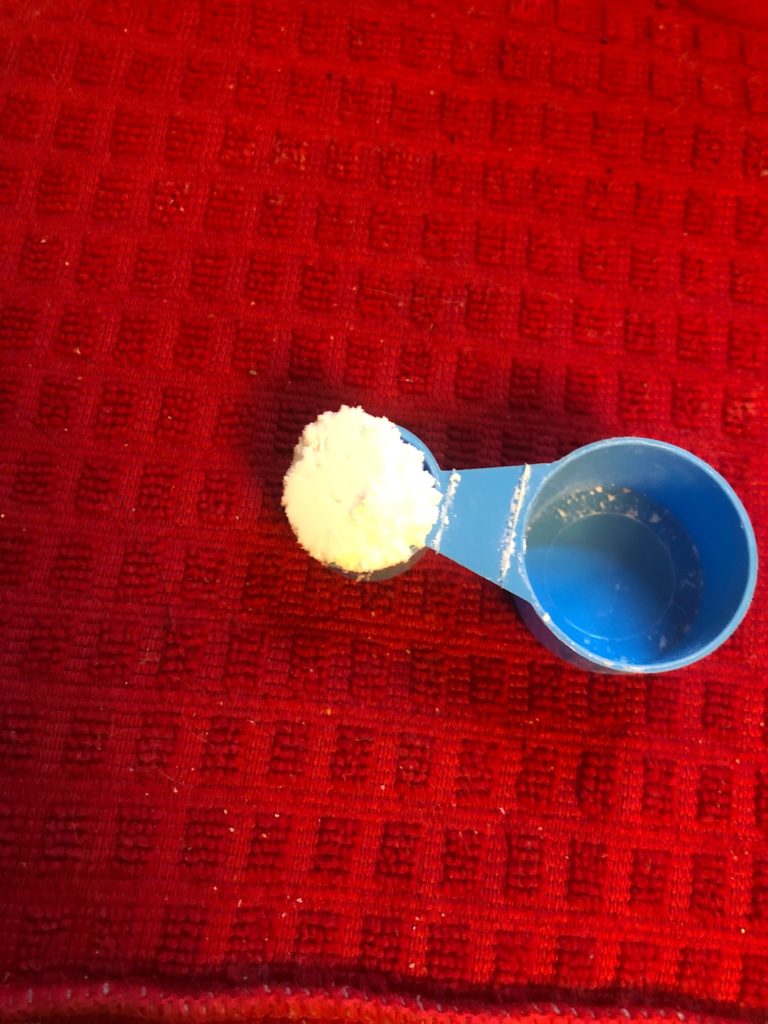
Creatine has anti-inflammatory properties: it tempers inflammation caused by free radicals, at least exercise related inflammation. The results of a study (90) of creatine’s effect on muscle soreness and inflammation “indicate that creatine supplementation reduced cell damage and inflammation after an exhaustive, intense race.” The study used experienced runners performing in a 30-kilometer race. The subjects were broken into two groups, a test/creatine group and a parallel/control group. The first group was given 20 gram of creatine and 15 grams of maltodextrine per day for five days prior to the race, and the control/parallel group was given only the maltodexrine for five days prior to the race. The researchers looked for signs of inflammation and soreness in the muscles (blood was taken looking for: creatine kinase, lactate dehydrogenase, prostaglandin E2, tumor necrosis factor-alpha) in all participants both before and after the 30 Km race. Blood samples were re-taken directly after the race, and at the 24-hour post race mark. The results showed the following: the treatment /creatine group had only a 19% increase in creatine kinase for the treatment/creatine group, vs a 400% increase in creatine kinase for controls; no change in lactate dehydrogenase plasma concentration for treatment/creatine vs. a 43% increase in lactate dehydrogenase in the control group; a 61% increase in prostaglandin E2 for treatment/creatine group vs. a 600% increase in prostaglandin E2 for controls; and a tumor necrosis factor-alpha increase of 34% for treatment/creatine vs. a 200% increase in tumor necrosis factor-alpha for the controls. And, no one in the treatment group reported any side effects.
Preliminary studies (using animals) demonstrated that creatine (either taken by mouth or injected) decreased the inflammatory response in several different models of acute inflammation. This is proving to be true in studies of chronic inflammation as well. Arthritis for instance has been shown to benefit from creatine treatment in animal models/studies (92). And, studies with people are also indicating that these effects help treat post-exertion/exercise related muscle-based inflammation. Creatine has been shown, in two different animal studies, to have favorable effects on the progression of arthritis. Most importantly, regarding inflammation, human trials have shown these effects to translate to exercise; studies have demonstrated that creatine reduced markers of inflammation following an Iron Man style triathlon (90), a thirty-kilometer food race (93), and an aerobic (running) test (94).
The information on this site is for educational and informational purposes only. It is not to take the place of medical advice or treatment. Seek out a qualified health care provider if you have questions or need help. Ms. Grant is not responsible for any possible health consequences of anyone who follows or reads the information in this content. Everyone, but especially those taking medication (over the counter or prescription) should talk with a physician before undertaking any changes to their lifestyle or diet (including taking supplements).